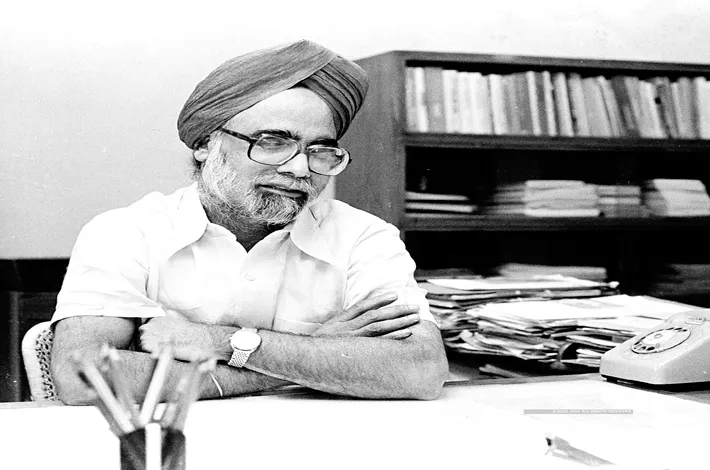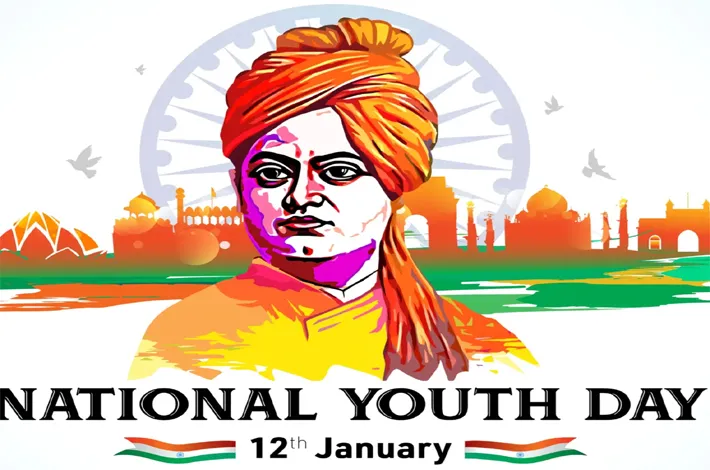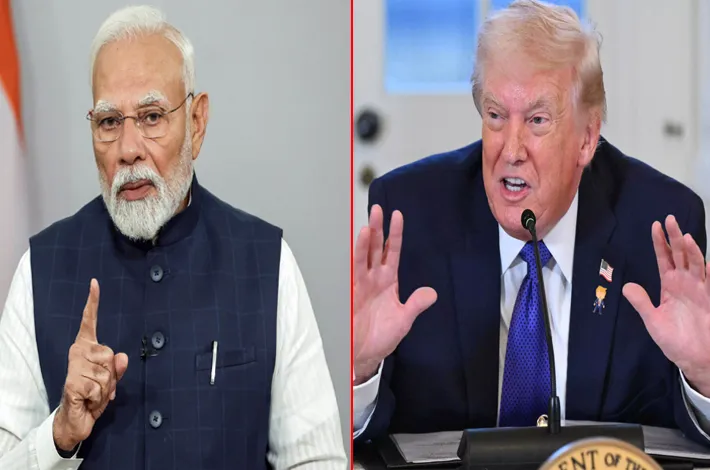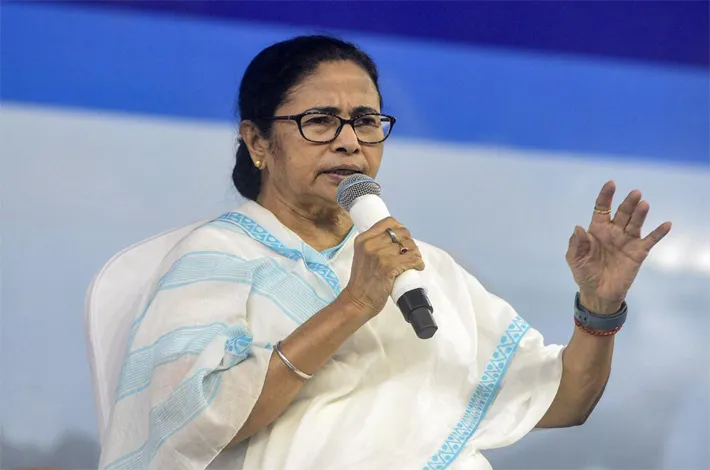Manmohan Singh: A Legacy of transparency and RTI
28-12-2024 12:25:16 AM

The RTI Act is often hailed as a second independence for India. For a nominal fee of Rs 10, citizens could access critical information, akin to filing a writ petition, fostering accountability in governance
Former Prime Minister Manmohan Singh will be remembered for his pivotal role in implementing the Right to Information (RTI) Act, 2005. Balancing the colonial Official Secrets Act, 1923, and the RTI Act was a formidable challenge, yet Singh’s leadership ensured its success amidst political resistance.
The Official Secrets Act, a relic of British rule, prioritized secrecy, contrasting with Article 19(1)(a) of the Indian Constitution, which guarantees freedom of speech. Despite demands from freedom fighters for openness, the culture of secrecy persisted post-independence.
The RTI Act emerged as a landmark shift, asserting citizens' rights to transparency and information.
India, as a signatory to the International Covenant on Civil and Political Rights (ICCPR), is obligated to uphold the right to information under Article 19 of the ICCPR. This principle was reinforced in landmark Supreme Court judgments.
In State of U.P. v. Raj Narain (1975), the Court affirmed that the right to information stems from freedom of speech. Earlier, in Bennett Coleman and Co. v. Union of India (1972), the Court underscored the role of a free press in fostering democracy by advocating against restrictions on newspapers.
Grassroots movements, such as the Mazdoor Kisan Shakti Sangathan (MKSS) in Rajasthan, were instrumental in sparking the RTI movement during the 1990s. Their efforts to access village accounts and promote administrative transparency inspired nationwide advocacy.
Several states, including Tamil Nadu, Goa, Rajasthan, and Maharashtra, enacted right-to-information laws before the national legislation took shape.
Progress at the national level was slower. In 1999, Union Minister Ram Jethmalani issued an administrative order allowing public access to ministry files, but bureaucratic resistance stalled its implementation.
The Freedom of Information Bill, 2000, introduced during the NDA government, underwent revisions and consultations but was never operationalized.
Manmohan Singh's UPA government reinvigorated the initiative, making RTI a cornerstone of its Common Minimum Programme. The National Advisory Council (NAC), led by Sonia Gandhi, collaborated with civil society groups like the National Campaign for People’s Right to Information (NCPRI) to refine the legislation.
Their efforts culminated in the RTI Act, 2005, which received President APJ Abdul Kalam’s assent on 15 June 2005 and came into force on 12 October 2005.
The RTI Act is often hailed as a second independence for India. For a nominal fee of ₹10, citizens could access critical information, akin to filing a writ petition, fostering accountability in governance. The Act empowered the public to challenge authority and demand transparency, marking a significant step towards participatory democracy.
However, the journey has not been without challenges. Successive governments have attempted to dilute the Act through amendments and administrative orders. Most recently, the Data Protection Act, 2024, raised concerns about curbing the effectiveness of RTI.
Despite these setbacks, the spirit of the Act endures as a testament to the collective struggle for transparency.
Manmohan Singh’s contributions to the RTI movement cement his legacy as a leader who strengthened India’s democratic framework. By championing transparency and empowering citizens, he carved a place in history as a statesman dedicated to the principles of accountability and good governance.
Prof. Madabhushi Sridhar Acharyulu, LL.D., Former Central Information Commissioner








